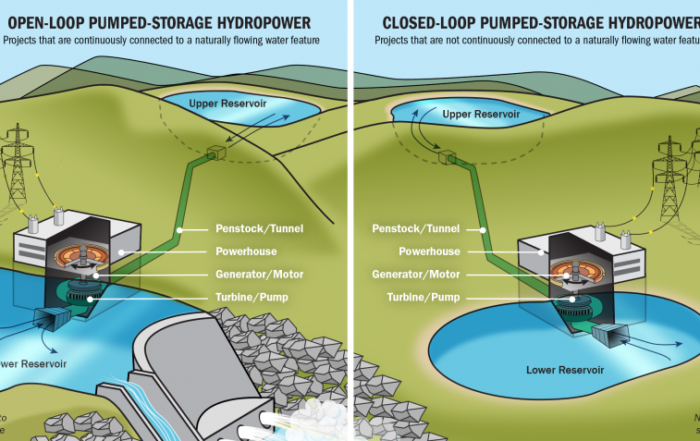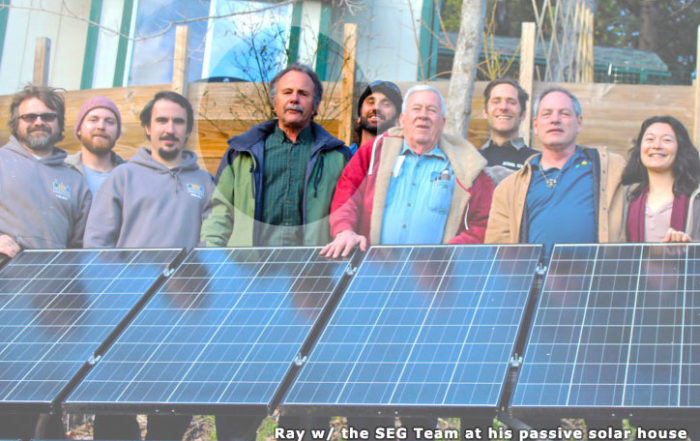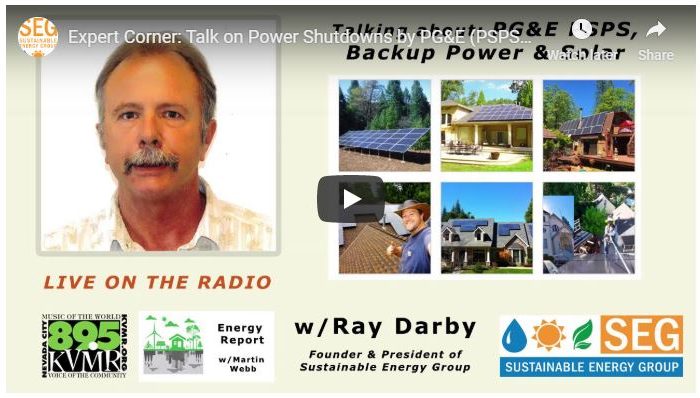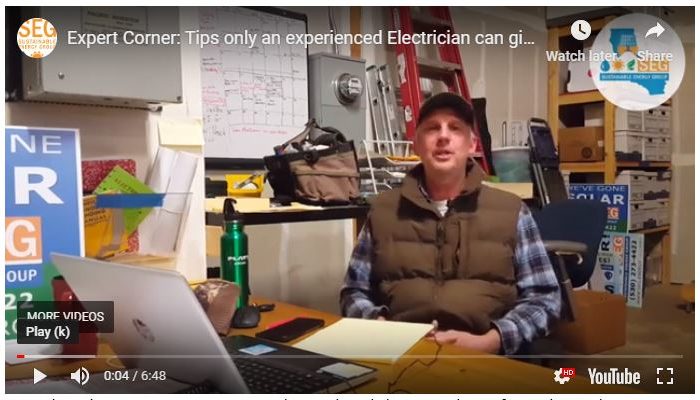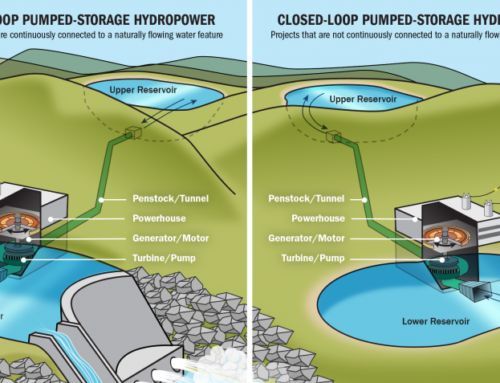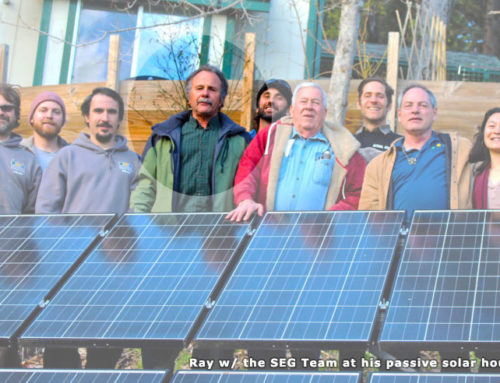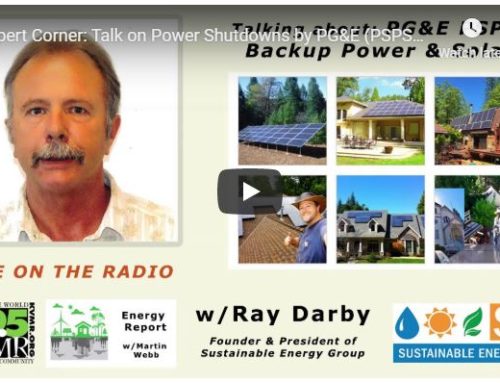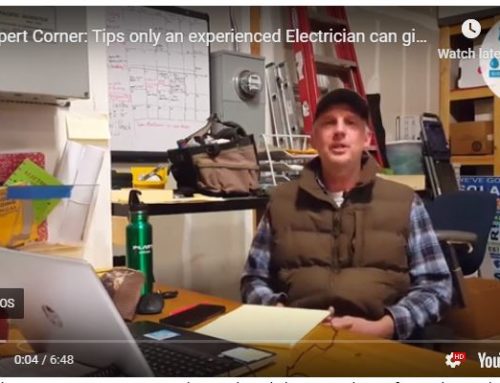POWER OUTAGES – Part 5
Crucial Generator Selection Information



Did you rush out and buy a generator?
Are you planning on buying a generator?
In either case you’ll want to read this article and the four that preceded it. The goal of these articles is to help people better understand their best options and stay safe. If you haven’t already, or for a refresher, I recommend reading the previous articles Parts 1 through 4 of this series, all available from this link – https://sustainableenergygroup.com/community/power-outages/
So far we have –
Part 1 – What are your options?
Part 2 – Practical Considerations for Power Outages
Part 3 – Solar with battery backup vs generator, advantages and disadvantages
Part 4 – Adding battery storage to an existing solar system
I’m not going to duplicate the information covered in Parts 1 and 2, but both have criteria relevant to generator selection. If you’re considering or already have solar, Parts 3 and 4 are relevant.
A “do it yourself” guide to picking the right generator is beyond the scope of this article. Those of us with extensive training and experience in power generation know the many important considerations and unusual circumstances that can arise. Certain considerations, especially those with motors, have power requirements that can be really tough to identify accurately, and accuracy is important for reasons I’ll cover below. There are online resources but none are a substitute for an experienced, licensed electrician that has assessed a building’s electrical system when it comes to proper sizing and installation.
Portable generators may be the only affordable option for many people. In general, running extension cords into your home isn’t something we recommend for many reasons, one of which is safety, as too many things can go wrong. Refer to our companion article “Portable Generator Tips”.
If you have a small budget and all you can afford is a portable generator we recommend having a small “critical load” panel and transfer switch installed (see Part 2 of our outage series). For safety and other reasons, hire a licensed electrician with a strong generator background. Have it sized properly (Part 2 delves into this). Be sure your electrician includes a permit.
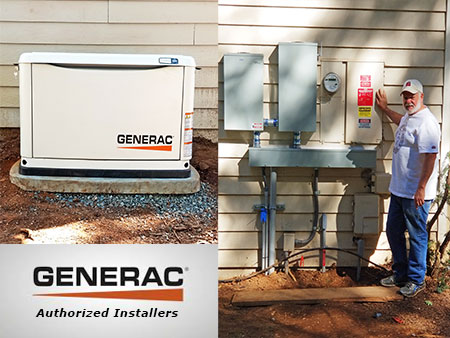


Why is it important to get a permit? There are many, I’ll touch on a few with some recent examples. We had to turn away a potential solar customer because a licensed “generator company” didn’t get a permit and violated several code requirements. We had to tell them we couldn’t install a solar system until the issues with the generator were resolved and permitted. The generator was installed in an illegal location and, because solar permit sign-offs are required for interconnecting to the grid, the County would red-tag the generator during our solar inspection. They would then be required to create and submit permit documents, move the generator, and assure it was all code-compliant. This installation not only encroached into the setback to their property line, it was right under an operable window, right next to an HVAC condensing unit (within exhaust clearance requirements). We’ve seen other generator companies not properly size the propane or natural gas piping to the generator, which can starve other gas appliances causing safety issues (gas pipe sizing is required for a permit). If there’s a fire and your insurance company discovers there were electrical and/or gas modifications done without a permit, you may have issues with your claim. If you decide to sell your home you need to disclose things like unpermitted work which could make it less salable. Yes, a permit adds cost, but consider it insurance against issues like these.
For those considering one of those little battery-powered, solar optional “generators”, please be aware of the limitations before you invest. For more on this –
For those looking to get solar here’s some food for thought. Is the cost of a system with battery backup worth it? The correct answer is “it depends” but it might make more sense than other options in some cases. One of the aforementioned “generators” that come with solar panels can cost as much as adding battery backup after accounting for the solar tax credit.
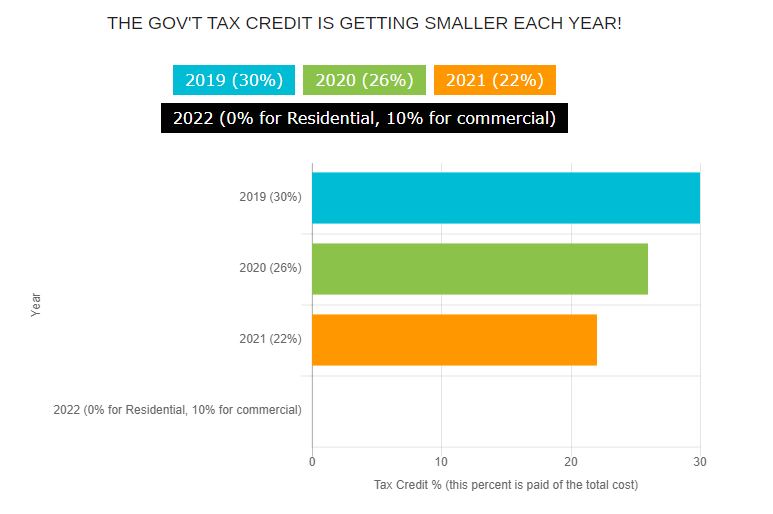


If sized to accommodate your nightly usage and the sun’s coming out every day during an outage lasting multiple days as it did recently, adding batteries to a new solar system you’re considering or an existing system it may be cheaper than installing a generator, especially so if you’re just backing up small critical loads and not an entire home. A generator doesn’t qualify for the tax credit and, after accounting for the cost of your generator, maintenance costs, and fuel costs, adding battery backup to a new solar system or an existing system may be less costly. Opting for a battery backup inverter and batteries may be less costly as the expenditures would qualify for the tax credit. This is covered in an IRS ruling available here – https://www.irs.gov/pub/irs-wd/201809003.pdf
Here are some important points I have to make. First, my empathy meter as well as SEG’s capability to respond to everyone’s PSPS-related needs has been “pegged” (and then some) ever since they began earlier this month. The fear, frustration, anger and desperation is completely overwhelming for everyone involved. We’re so busy just answering phone calls, emails, texts, etc., it’s increasingly challenging to meet previous commitments and get anything else done.
PG&E announced months ago this would be coming, which is why I began writing these monthly articles and publishing them on our blog back in June. What concerns me today is the number of people that knew this was coming but waited until the 36-48 notice or, worse, until the outage was upon them, to prepare. In the last-minute rush, many bad decisions have been made. Money has been mis-spent and an overwhelming amount of well-intentioned but really bad advice has appeared on social media.
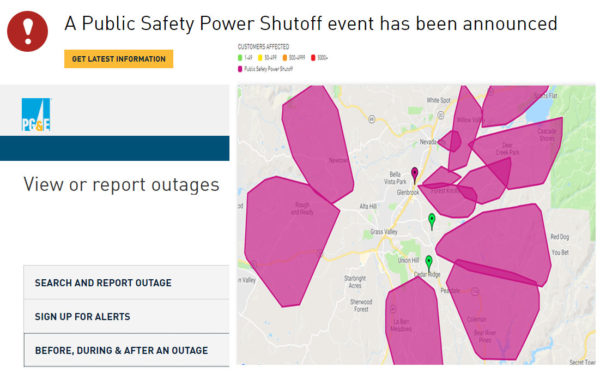


I understand people are overwhelmed and desperate for quick solutions but anticipate there will be a lot of little portable “battery backup units” and generators, found insufficient to meet people’s needs, for sale at discount prices after this. I encourage people to share these articles or at least the information you’ve gleaned from them. Between now and the next PSPS event – hopefully not until next fall – give Sustainable Energy Group or another local, reputable solar or generator company the time to assure things are done right!
Some extra thoughts…
1. Help neighbors charge their devices in case they need to reach out in an emergency.
2. If you have water, do your neighbors need any?
Links to critical information:
- Sign up for Code Red alerts: https://www.mynevadacounty.com/1293/CodeRED-Emergency-Alerts
- For more info on how to prepare for PSPS: www.pge.com/psps
- For the latest PSPS updates: www.pge.com/pspsupdates
- Update your contact info for alerts at: www.pge.com/mywildfirealerts
- PG&E weather webpage: www.pge.com/weather
- PG&E Press Releases: https://www.pgecurrents.com/
- Current Press Release: https://www.pgecurrents.com/…/pg-may-need-to-proactively-t…/
COMMUNITY RESOURCE CENTER
If PG&E determines they will turn power off, they will activate a Community Resource Center to provide restrooms, bottled water, electronic device charging and air-conditioned seating which will be open from 8:00AM – 8:00PM beginning on Thursday, October 24, 2019.
The centers in Nevada County are located at:
- Nevada City Elks Lodge: 518 CA-49, Nevada City, CA
- Sierra College: 250 Sierra College Dr, Grass Valley, CA
- Former Penn Valley Community Church: 11739 Spenceville Road, Penn Valley, CA
- Gold Country Fairgrounds: 209 Fairgate Rd, Auburn, CA


